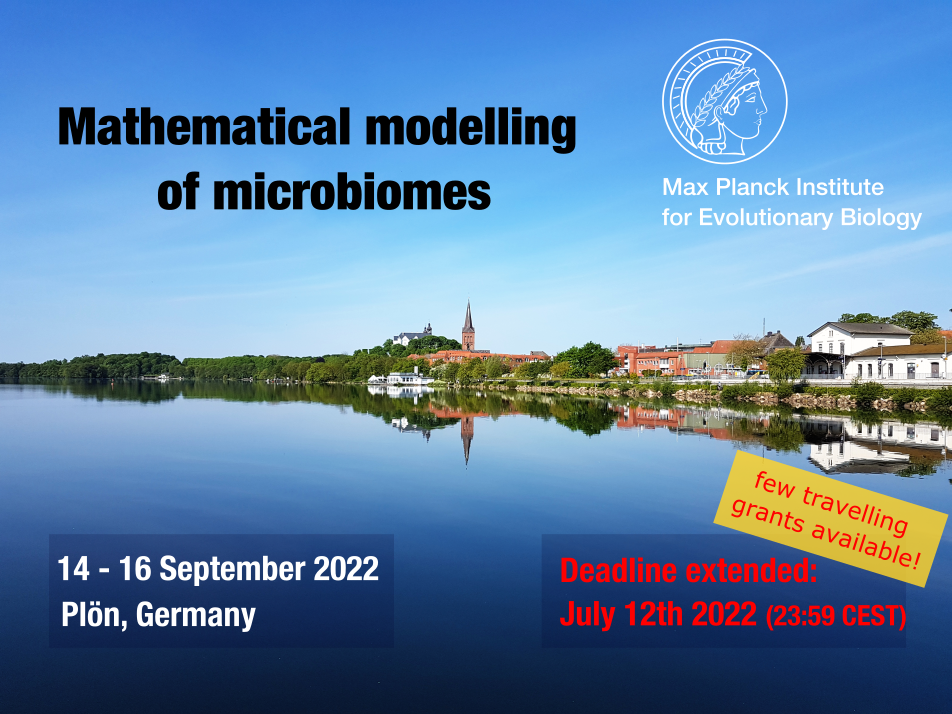Speaker
Description
Our work on gut microbiota centers on two main themes. The first topic is about quantitative inference from experimental data of the dynamics of the bacterial gut population. One tool to study the populations which dynamics cannot be directly observed is to use tagged neutral subpopulations. The distribution of the different tags in the population are measured at several points, and from the distribution changes, relevant parameters are inferred, using stochastic calculations, e.g. the computation of generating functions in branching processes. We will discuss results on the impact of the microbiota diversity on colonization resistance; and on the action mode of antibodies secreted in the gut lumen on bacteria. Second, to investigate the impact of the gut spatial structure on evolution, we calculate theoretically the fixation probability of neutral bacterial mutants within a minimal model that includes hydrodynamic flow and resulting gradients of food and bacterial concentrations. We find that this fixation probability is substantially increased compared to an equivalent well-mixed system, in the regime where the profiles of food and bacterial concentration are strongly spatially-dependent. Fixation probability then becomes independent of total population size. We show that our results can be rationalized by introducing an active population, which consists of those bacteria that are actively consuming food and dividing. The active population size yields an effective population size for neutral mutant fixation probability in the gut.

